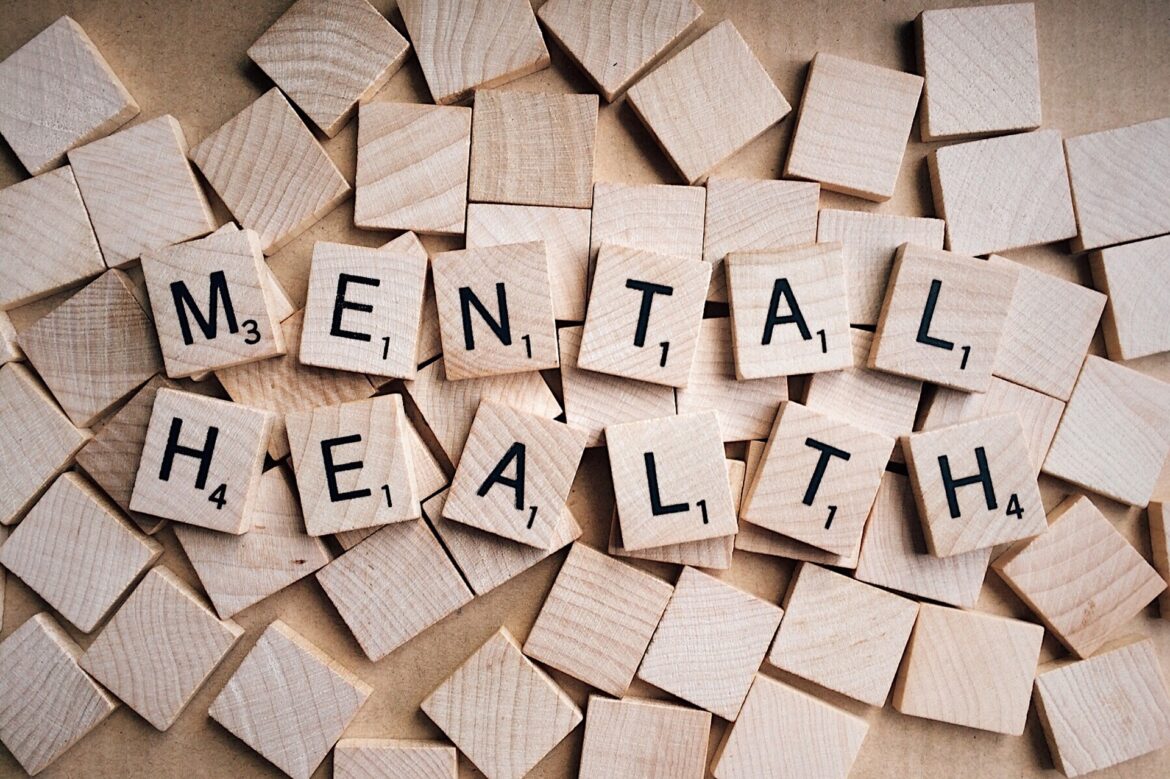By Bree Dunckhorst Posted April 22, 2020
The Humboldt County quarantine went into effect on March 15, 2020. All sports, events, gatherings, and in-classroom education were put on hold. Many new things for citizens approached such as social distancing, wearing PPE (personal protective equipment), not being able to visit friends and family in hospitals or nursing homes, and running low on basic necessities like toilet paper.
The pandemic has caused a huge mental toll on America and the community.
The licensed Social Worker at Humboldt General Hospital, Jennifer K Slovernick, stated, “Since the outbreak in the virus, I have seen a large increase in our community’s behavioral health… my patient load for inpatient and outpatient just at the hospital alone tripled in March.”
There are many causes of the large increase in the community’s behavioral health and these individuals have been severely affected by the outbreak and everything following it.
“Most of the individuals I am working with are having difficulties with all of the social media from the virus,” said Slovernick. “Due to the restrictions in counseling, groups, and treatment (medication) people are struggling to use their coping skills and support systems.”
Many people from every age group are struggling with how to cope with the mental effects of this outbreak. Slovernick has recommendations for all age groups. There are many things you can do to help comfort children who are experiencing stress during this time.

“Remind them that people are working hard to stop the spread of the virus,” said Slovernick. “Setup routines and schedules at home. Set timers and give regular reminders for the upcoming transitions and before activities change.”
For children, communication and understanding is key to comforting them at this time.
Slovernick stated, “Set aside a time to discuss as a family what the recent changes are and ask them how they are feeling… I am also recommending facetime or skype to help with that support network and connection.”
Every age group processes these changes differently. This is why it is important to comfort them in different ways.
“Teenagers right now can show they are angry and frustrated by arguing and getting angry. Some can become sadder and withdrawn especially if there is already a diagnosis of a mental health disorder,” said Slovernick. “Acknowledging the frustration is a good way to connect with a teenager. Remind them that even though they might not be sick or their friends might not be sick they can still spread the virus.”
Teenagers go through a lot of stress as it is so adding to it, even if you think it will better them, is not helpful at this point in time right now.
“Relaxing some rules through this period can help. Examples can be screen time, social media, video games, and specific apps,” said Slovernick. “Try to keep the teenager connected with their peers.”
Teenagers are also missing out on things that are very important to them right now and feel hopeless and feel as if they have been robbed of their precious and valuable moments in their lives.
“Show them that you understand their disappointment with missing important milestones in their life,” said Slovernick. “Help them by making a wish list of future events so they have something to look forward to.”
At this time adults are feeling very overwhelmed and stressed out. They have many obligations and responsibilities and this is somewhat unfamiliar to them. They just want to do what is right and what is best for everyone.
“Some adults have begun to feel overwhelmed and it is helpful to reach out to their spouse/partner or a trusted friend or family member. The feelings are normal and minimal anxiety is normal, “ said Slovernick. “It helps to share those thoughts and feelings with someone who will listen non judgmentally. Take breaks outside or in their car if they need to. It is ok to tell people and children that they just need a break.”
Sometimes none of these tricks can help and may fail to work.
“When all tricks fail then I would recommend having any individual with behavioral health issues or none at all to call 911 or to go to the emergency room for immediate help,” said Slovernick. “It can be a difficult time but there is support for anyone in the community. Sometimes the barrier can be that they are not able to think clearly enough to find that support.”





